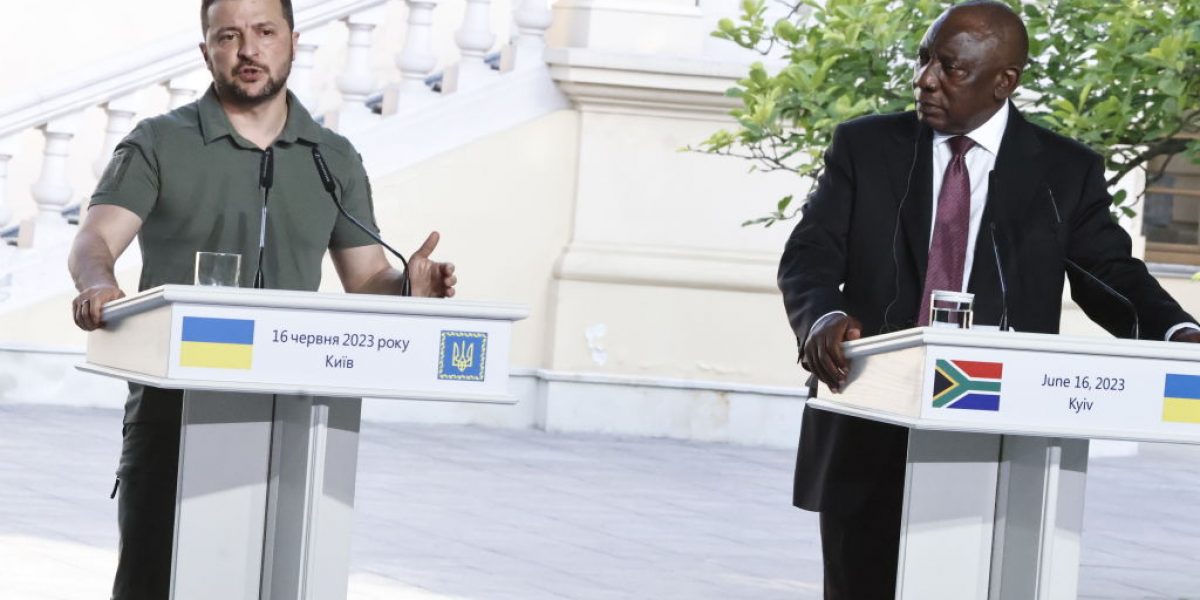More than eighteen months into Russia’s war against Ukraine, many people ask themselves when the violence and suffering will end. What are the prospects of a lasting peace that upholds the UN Charter, and what future scenarios for Ukraine, Russia and the world order can we see as we look ahead? How can justice be achieved and how can the negative global effects of the war be mitigated?
The African Peace Initiative has the potential to play a fruitful role, provided it is perceived as credible, effective and trustworthy. What are the overlaps, and what are the divergences between the stated aims of this initiative and the Ukrainian 10-point Peace Plan? Where do we go from here?
Speakers
- Oleksiy Haran, Professor of comparative politics at the National University of the Kyiv Mohyla Academy in Kyiv, and director of research at the Democratic Initiatives Foundation, a leading Ukrainian analytical and sociological think tank. He has published widely on issues related to Ukraine, Russia and the war, has spent considerable time at the war’s front line. Oleksiy is a frequent commentator in Ukrainian and international media.
- Charlotta Rodhe, Deputy Director of the Stockholm Centre for Eastern European Studies (SCEEUS), hosted at the Swedish Institute for International Affairs. SCEEUS is one of Northern Europe’s largest independent think-tanks focusing on policy relevant analysis regarding Eastern Europe and Russia. Charlotta has extensive diplomatic experience, and has worked for UNDP as well as at the Organization of Security and Cooperation in Europe (OSCE).
Responding
- Steven Gruzd, Head of the Africa-Russia Project at the SAIIA. He works on Africa-Russia relations, South African foreign policy governance in Africa.
- Faith Mabera, Senior Researcher at the Institute for Global Dialogue, Pretoria South Africa, where she oversees the institution’s foreign policy analysis programme. Her research interests include foreign policy analysis, regional and international peace and security issues, norms dynamics in international relations, political and security risk analysis and global governance.
RSVP is essential and space is limited.
We look forward to your attendance and participation.


